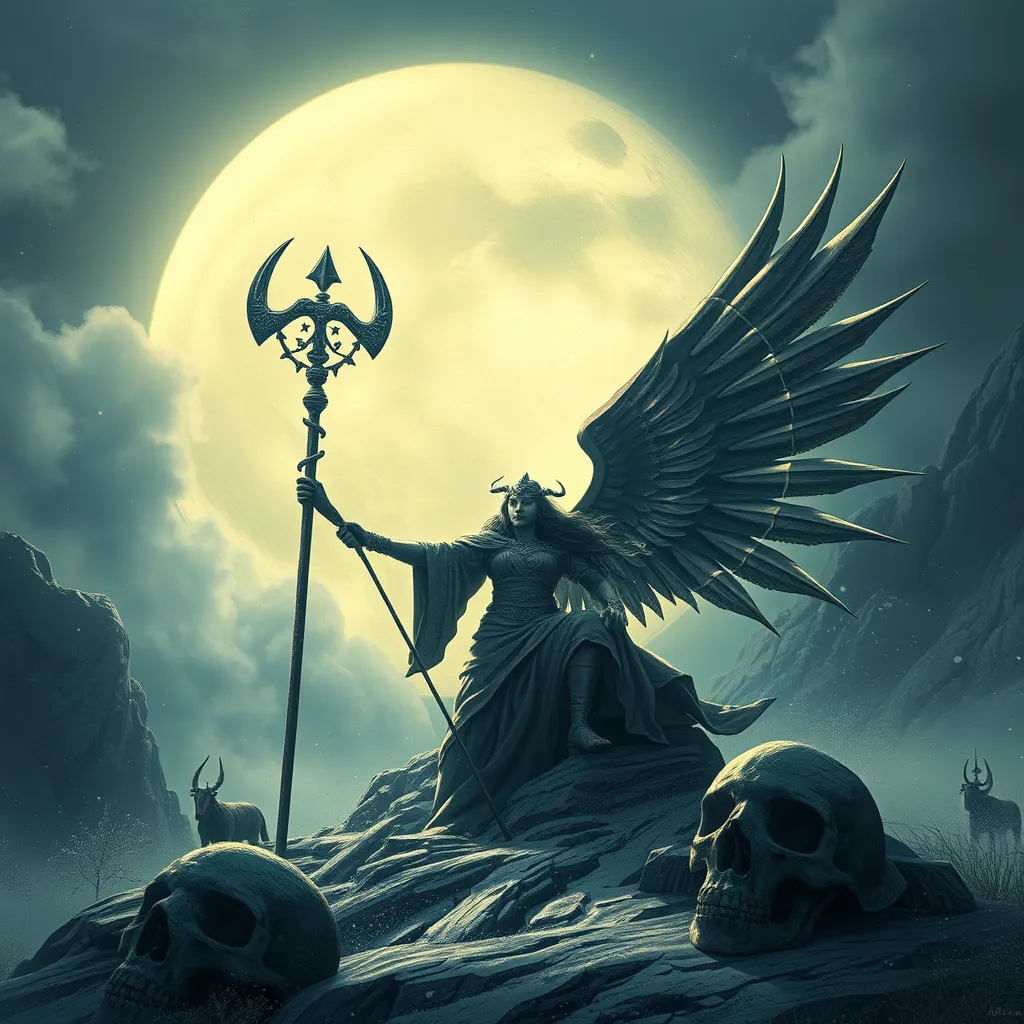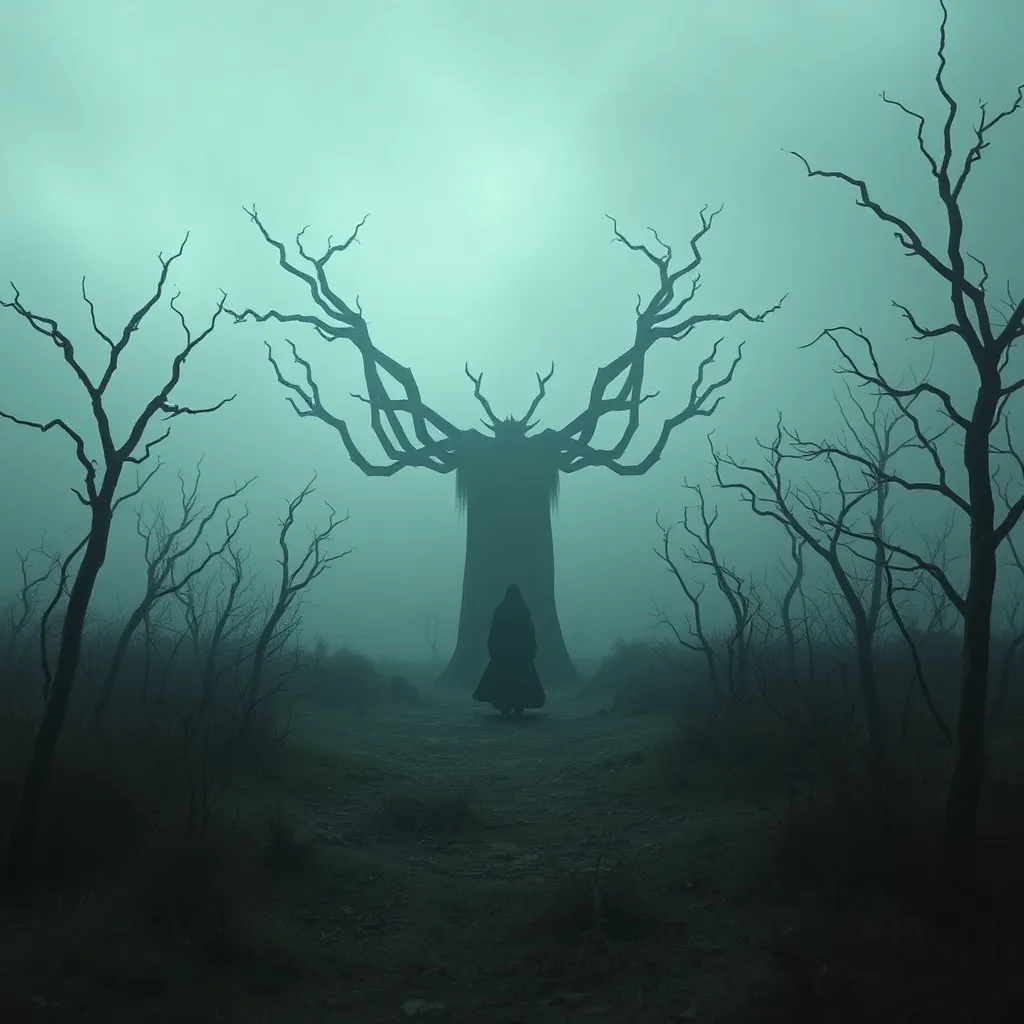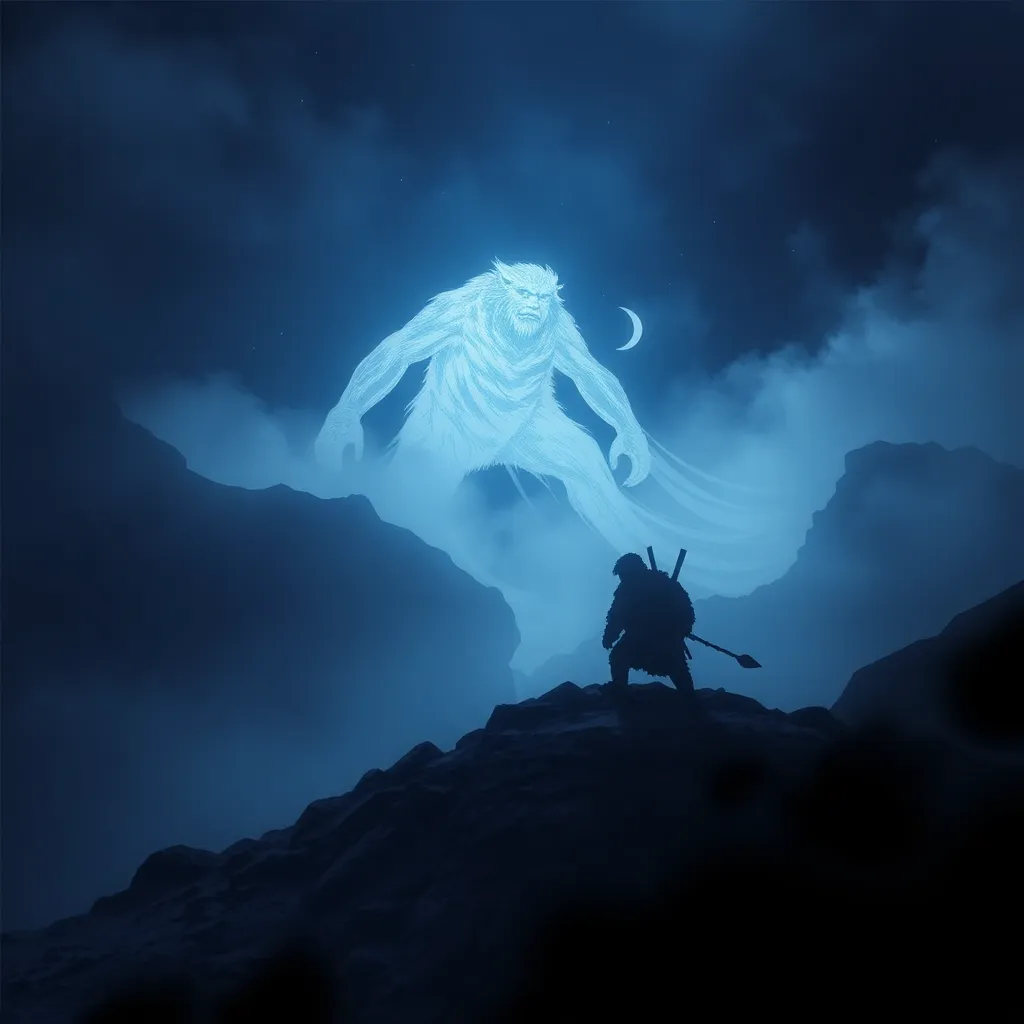Valkyrie Names and Meanings: Unlocking the Secrets of the Choosers of the Slain
I. Introduction
Valkyries are fascinating figures in Norse mythology, often depicted as warrior maidens who serve Odin, the chief god. These powerful women, known as the “choosers of the slain,” have captivated imaginations for centuries. Their names hold significant meaning and reflect their roles in the myths and legends of the Norse world.
This article explores the names of Valkyries and their meanings, delving into the historical context, symbolism, and cultural implications of these remarkable figures.
II. The Origin of Valkyries in Norse Mythology
The origins of Valkyries can be traced back to the rich tapestry of Norse mythology, primarily documented in sources such as the Poetic Edda and the Prose Edda. These texts provide insight into the Viking Age worldview and the importance of fate and honor in battle.
Valkyries played a crucial role in determining the fate of warriors. After battles, they would choose those who were worthy to enter Valhalla, Odin’s hall, where the slain would feast and prepare for Ragnarok, the end of the world. This connection to Odin highlights their significance in the Norse belief system, emphasizing themes of destiny and the afterlife.
III. Common Valkyrie Names and Their Meanings
Some Valkyrie names have become well-known in popular culture and literature. Below are a few notable names along with their meanings:
- Brünnhilde: Often associated with strength and battle, her name means “armed for battle.”
- Gunnr: Meaning “war,” Gunnr embodies the fierce nature of battle and the fight for honor.
- Hrist: Translated as “the one who stirs,” Hrist represents the chaotic nature of war and the choices made in combat.
Each of these names is steeped in etymological significance, reflecting the qualities and duties of the Valkyries.
Notable Valkyries, such as Brünnhilde, have their own rich stories, often intertwined with heroic sagas and epic tales, showcasing their pivotal role in Norse mythology.
IV. The Symbolism Behind Valkyrie Names
The names of Valkyries symbolize various themes integral to Norse culture, such as:
- Strength: Many Valkyrie names emphasize warrior-like qualities, symbolizing power and resilience.
- Honor: The act of choosing who will die and who will live carries immense weight, reflecting the cultural importance of honor in battle.
- Death: As guides to the afterlife, Valkyries embody the transition between life and death, a core aspect of Norse beliefs.
The connection between their names and duties showcases the deep respect Norse society had for these figures, illustrating the cultural significance of naming conventions in that era.
V. Lesser-Known Valkyrie Names
While some Valkyries are widely recognized, many lesser-known names are equally intriguing. Here are a few examples:
- Skuld: Meaning “debt” or “future,” Skuld is often associated with fate and destiny.
- Svava: This name translates to “swan,” symbolizing beauty and grace in battle.
- Herja: Meaning “to battle,” Herja signifies a direct connection to warfare and strife.
These names come with unique meanings and often reflect regional folklore, showcasing the diversity of Valkyrie representations within different Norse communities.
In modern interpretations of Norse mythology, these names are gaining renewed interest, contributing to a broader understanding of the Valkyries’ roles.
VI. Valkyries in Modern Culture
Valkyries have made a significant impact on contemporary culture, appearing in various forms of media including literature, art, and films. Some notable representations include:
- Literature: Valkyries are often depicted in fantasy novels, where their warrior spirit and divine connections are explored.
- Art: From classical paintings to modern illustrations, Valkyries are portrayed as strong, heroic figures.
- Media: Films and television shows have embraced Valkyries, portraying them as powerful female characters that resonate with audiences today.
This resurgence of interest not only highlights the Valkyries’ timeless appeal but also reflects a broader trend of reclaiming and celebrating female empowerment in modern narratives.
VII. How to Choose a Valkyrie-Inspired Name
If you’re considering a Valkyrie-inspired name for personal use, here are some tips to guide your selection:
- Meaning: Reflect on the significance of the name and how it resonates with you.
- Sound: Consider the phonetics of the name; it should be pleasing to say and hear.
- Context: Think about how the name fits into modern contexts and its relevance today.
Personalizing a Valkyrie name can create a unique connection to the past while embracing its rich heritage.
VIII. Conclusion
Valkyrie names hold a profound significance in Norse mythology, encapsulating themes of strength, honor, and the enigmatic nature of fate. The exploration of these names reveals not only their historical context but also their lasting legacy in contemporary culture.
As we reflect on the enduring fascination with Valkyries, we are encouraged to delve deeper into the world of Norse mythology, uncovering the secrets and stories that continue to inspire generations.



